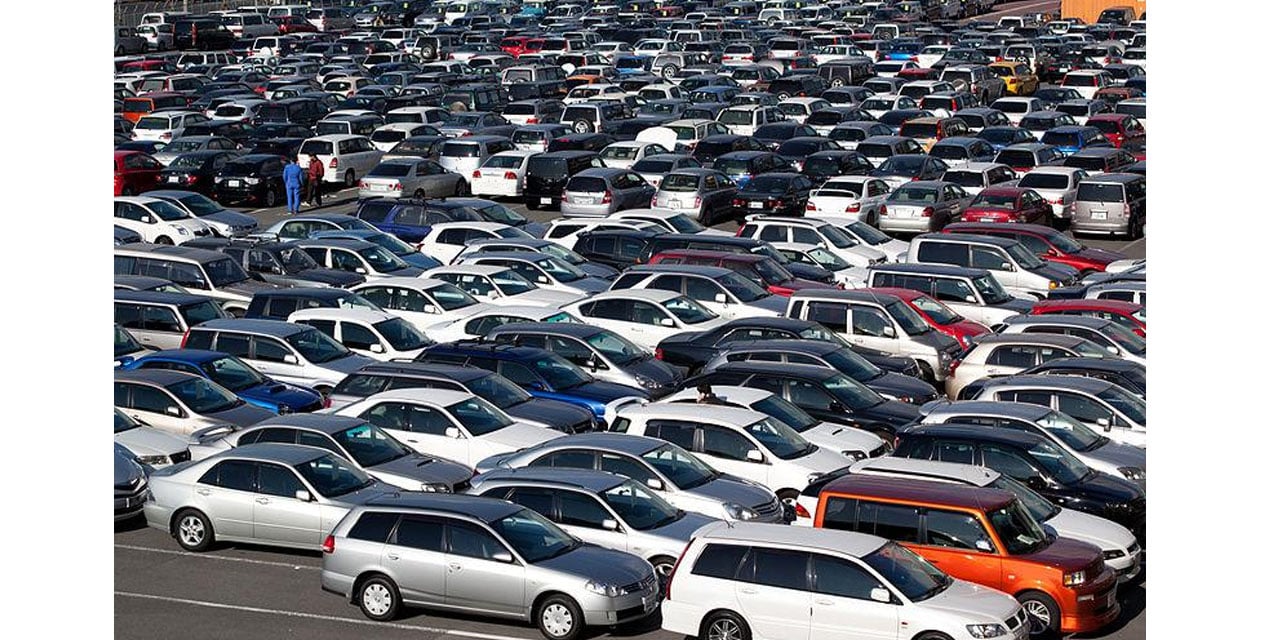Hertta-Maria Amutenja
As the festive season approaches, many people are using their year-end bonuses and savings to fulfil their dream of owning a car.
For some, it is about gaining independence, while others simply want to be mobile and make travel during the holidays more convenient.
However, the excitement of buying a second-hand car can quickly turn into a nightmare.
Hidden issues, inflated prices, and vague regulations often leave consumers frustrated and feeling cheated.
Windhoek resident Maria Haufiku knows this all too well.
Haufiku says she started her journey to car ownership with high expectations.
“I was excited to get my first car, and the dealer assured me it was in good condition,” she recalled.
In February this year, she purchased a 2015 VW Polo 6 TSI from a Facebook dealer for N$112 000.
Within a week, her new car started experiencing mechanical problems.
“I was told the car was in top shape, but it began having issues with the gearbox and engine after just a few days. I tried reaching out to the dealer, but they told me the car was sold ‘as is,’ and any issues were now my responsibility. I felt cheated,” she said.
Haufiku also thinks the price was excessive given the car’s condition.
“It was supposed to be a great deal, but I ended up feeling like I was taken advantage of. Without proper regulations, consumers remain at risk,” she said. “People need to know what they’re paying for.”
In the competitive landscape of second-hand car sales, pricing varies significantly, shaped by factors such as vehicle condition, market demand, and negotiation tactics.
For car dealers, the process of pricing vehicles involves a combination of formal and informal methods.
Simeon Ekandjo, manager at Windhoek Auto Deals, explained how his dealership approaches this balancing act.
“We first check the year, the model, and the popularity of the car on the market. That helps us determine whether the car will sit on the floor for weeks or sell quickly,” Ekandjo said.
He emphasised the importance of the car’s body, engine, and gearbox.
“The engine and gearbox have to be proper—100%, or at least 80%,” he said.
For newer models, Ekandjo’s dealership uses tools like the TransUnion app to assess a vehicle’s trade and retail value by scanning the VIN number or QR code.
“It provides a lot of details instantly,” he added. However, for older models, pricing relies more on intuition and market knowledge.
An example of this pricing approach is seen in a recent listing at Windhoek Auto Deals.
A 2013 Polo 6 TSI with 72 000 km and a 1.2L engine was priced at N$97 000.
The vehicle is automatic.
Meanwhile, an informal dealer in Wanaheda, who requested anonymity, shared his less structured approach.
“I don’t have a fixed formula. I just look at the car and see how it compares to others,” he explained.
For instance, this dealer had listed a 2013 VW Polo 6 TSI with 82 000 km, an automatic DSG transmission, air conditioning, and daylight running lights for N$108 000.
“I set the price higher initially because customers like to negotiate. That way, I can still make a profit even after bargaining,” he said.
Samuel Hiposze, a sales executive at M&Z Motors, explained that his dealership uses the TransUnion system to determine a car’s book value, which aligns with manufacturer guidelines.
“We follow strict policies, which prevent price inflation,” he said, noting that informal sellers often lack such tools, leaving buyers vulnerable to overpricing.
Armand van der Westhuizen from the Spes Bona car dealership agreed that formal guidelines are essential.
“We take into account mileage, condition, and service history before setting a price,” he said. However, he acknowledged that for informal sellers, it’s often a “take it or leave it” mentality that puts buyers at a disadvantage.
The Namibia Competition Commission (NACC) said that while it doesn’t specifically monitor the second-hand car market, it has the authority to investigate anti-competitive practices, such as price-fixing, if a complaint is filed.
No such complaints have been received to date.
The NACC emphasised the importance of consumer education.
“We conduct public education campaigns to empower consumers,” it said.
The Commission admitted that it doesn’t have specific guidelines for the second-hand car market.




